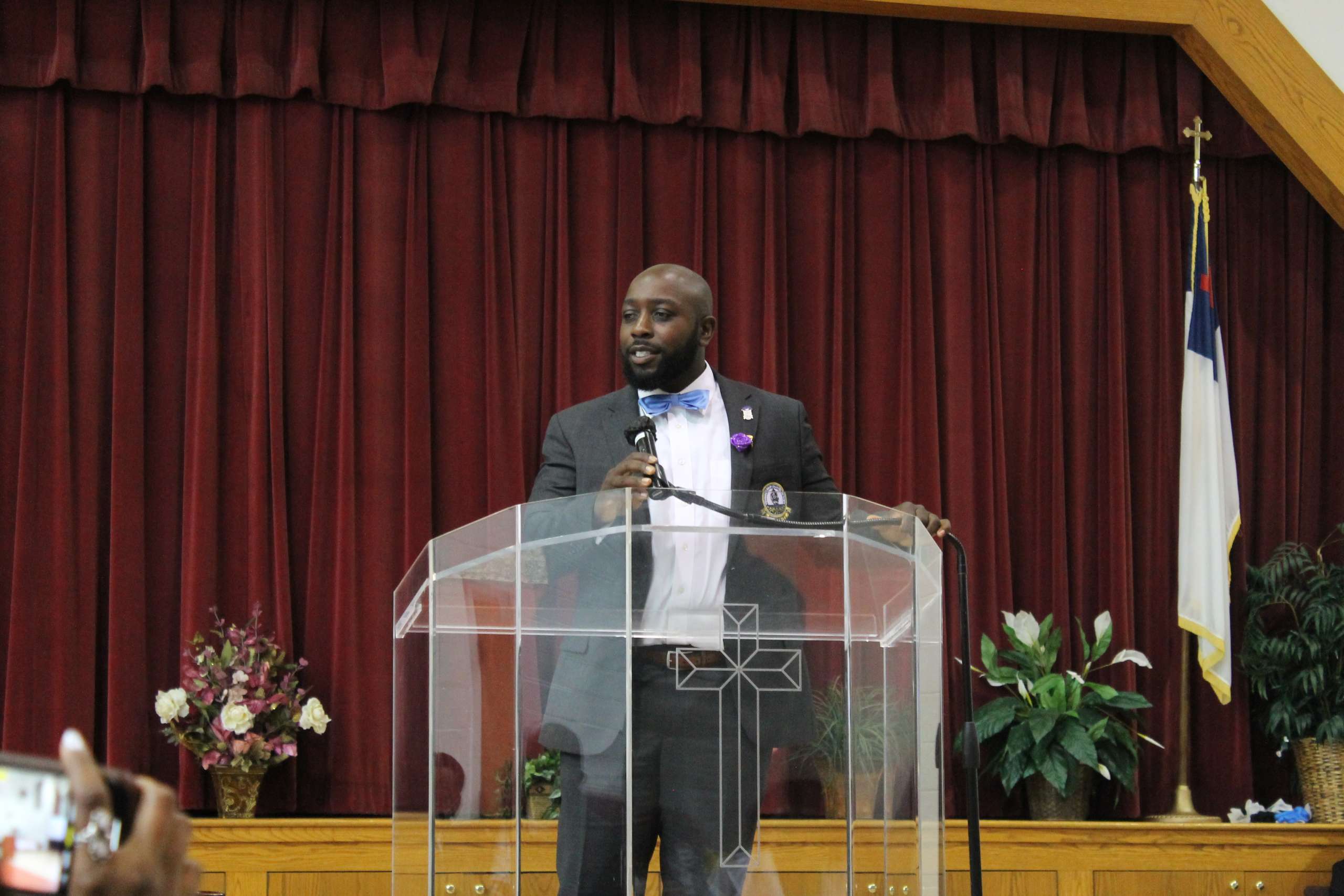As A Woman: I Am Not My Hair…Or Am I?
There was an article recently about a biracial little girl that received a haircut by a fellow student and then later by a teacher. Both the student and the teacher were white. The father, not wanting to focus on race, couldn’t help but acknowledge the poor judgement that was shown by the school teachers and administration. This incident has created conversation around the Black culture and our view of our hair.
How important is hair to the Black community?
In 2006, Black artist, India Arie penned the chart topping song, I am not my hair. While originally meant to encourage women who were coping with hair loss from cancer treatment, the song covered hair in the Black culture.
For example, the following lyrics describe a common hair struggle that many young Black girls experienced because of having thick, coarse hair.
Little girl with the press and curl
Age eight, I got a Jheri curl
Thirteen, and I got a relaxer
I was a source of so much laughter
At fifteen when it all broke off
Eighteen and went all natural
February, 2002
I went on and did what I had to do
Because it was time to change my life
To become the woman that I am inside
While the song beautifully walks you through a journey of letting go of popular opinion and embracing the inner person, hair continues to be a big topic for Black women. In fact, in an article on Black Health Matters, entitled, Black Women Don’t Work Out… Because of Our Hair?!, it stated that in a survey of 103 women; the results showed that many Black women are hesitant to work out because of fear of messing up their hair. While this may sound unreasonable, considering that the costs associated with hair care can easily run into the hundreds, perhaps thousands of dollars depending on styles and consistency, this can certainly cause concern with what could seem a “waste” of good money spent.
But why is our hair still so important in our Black culture?

One reason is acceptance. Historically, Black women have experienced more acceptance by others in the community when they appear less “cultured”. Major roles in Hollywood and top positions in corporate America when given to Black women have traditionally been Black women that are lighter in complexion and with straighter hair. Although the “natural hair” movement has taken off in the Black community, there continues to be a monumental push to show off our natural manes with various styles that show that we are proud of our culture and embracing who we are.
Perhaps now the approval has migrated from being accepted from our non-Black counterparts to being accepted from our Black sisters. Or, maybe Black women feel that in rocking afros, twists and braids, it identifies us as proud Black women.
Whatever the personal reason for our hair being our identity, the Black woman’s hair continues to be a major part of our culture, discussions and even Black entertainment and maybe this is not a bad thing! Maybe we ARE our hair, along with other beautiful traits that are particular to our culture, and embracing this thought allows us to celebrate ourselves, something that is long overdue for Black women around the world.

As a Woman…is a weekly column discussing the unique challenges and solutions in health, wealth, finance, and relationships. If you would like to share in the conversation email, lharlem@pwperspective.com


